Behind the scenes of an IFAD project: Your top questions answered
IFAD Asset Request Portlet
Asset Publisher
Behind the scenes of an IFAD project: Your top questions answered
Estimated reading time: 4 minutes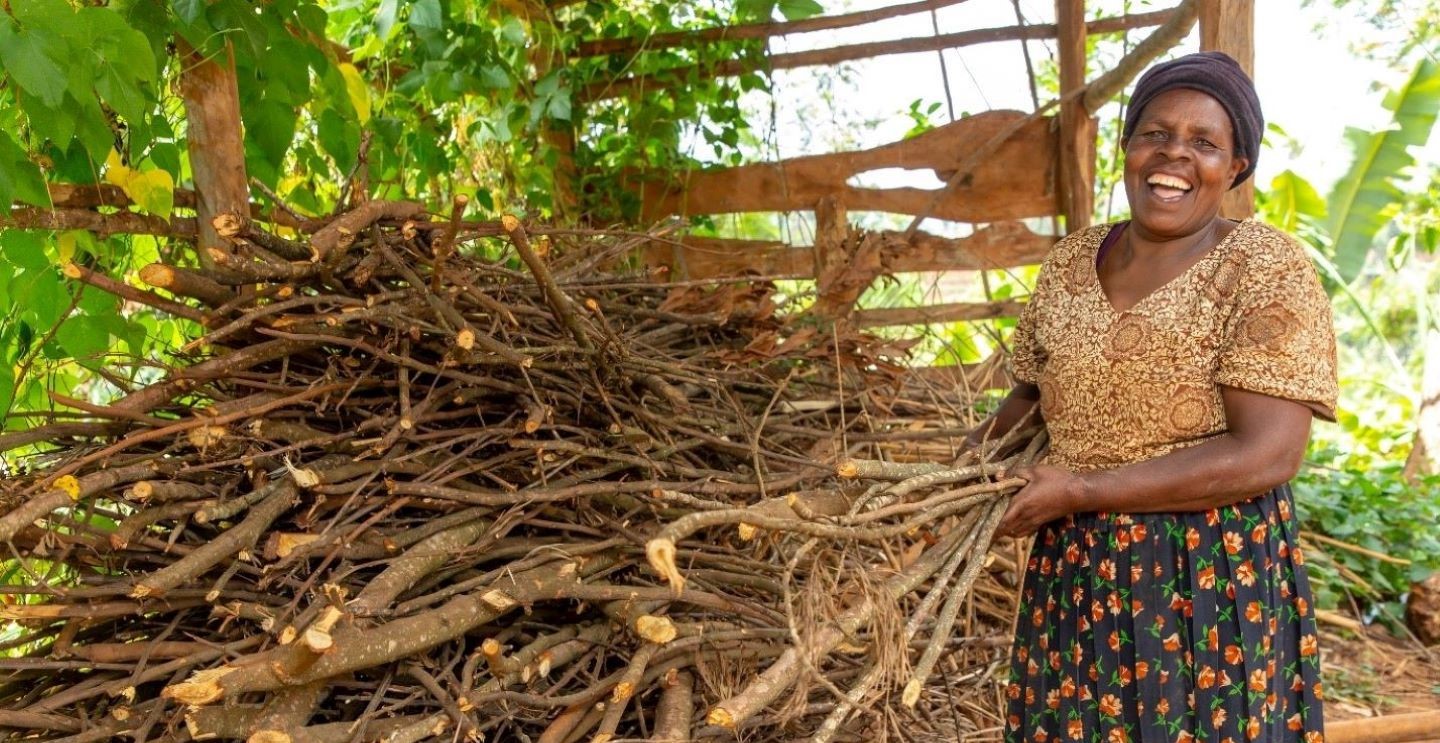
IFAD funds projects that benefit small-scale farmers, helping poor rural people lift themselves out of poverty. But how exactly do we do this? Find out what happens behind the scenes as we answer our followers’ top questions.
- How are project areas selected?
- Who does IFAD support?
- How are projects designed?
- Who manages the projects?
- I’m a service provider. How can I be added to IFAD’s list of providers?
- I'm a small-scale farmer/agri-entrepreneur. How can I access support?
- What happens when projects end?
How are project areas selected?
When identifying new areas for projects, we start by working with government officials and local stakeholders to understand where rural poverty is most severe and widespread. We also draw on existing data and local knowledge. To avoid duplication and promote collaboration among agencies, we consider other development programmes in the area.
Next, we research the main factors shaping poverty in these areas, as well as the potential economic opportunities for those who live there.
Who does IFAD support?
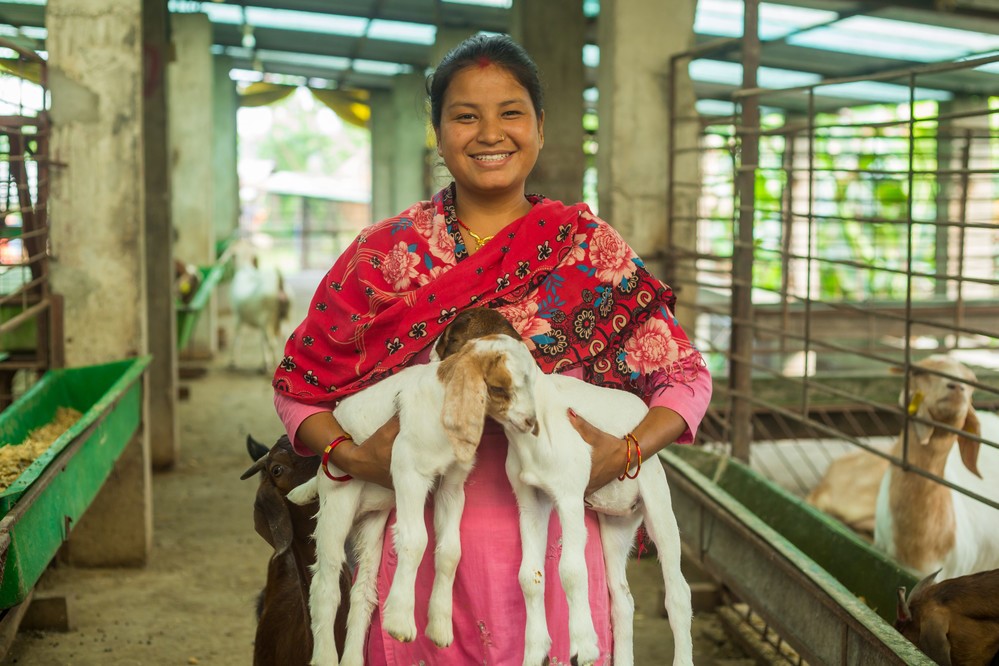
Once the project area has been selected, IFAD identifies the communities and people who are likely to struggle to move up the economic ladder and would benefit from the opportunities created by a project. Usually, these people are small-scale farmers and small business owners along the food system.
We place particular importance on supporting those who are most marginalised and in most need of assistance, including women, persons with disabilities, youth and Indigenous Peoples.
How are projects designed?
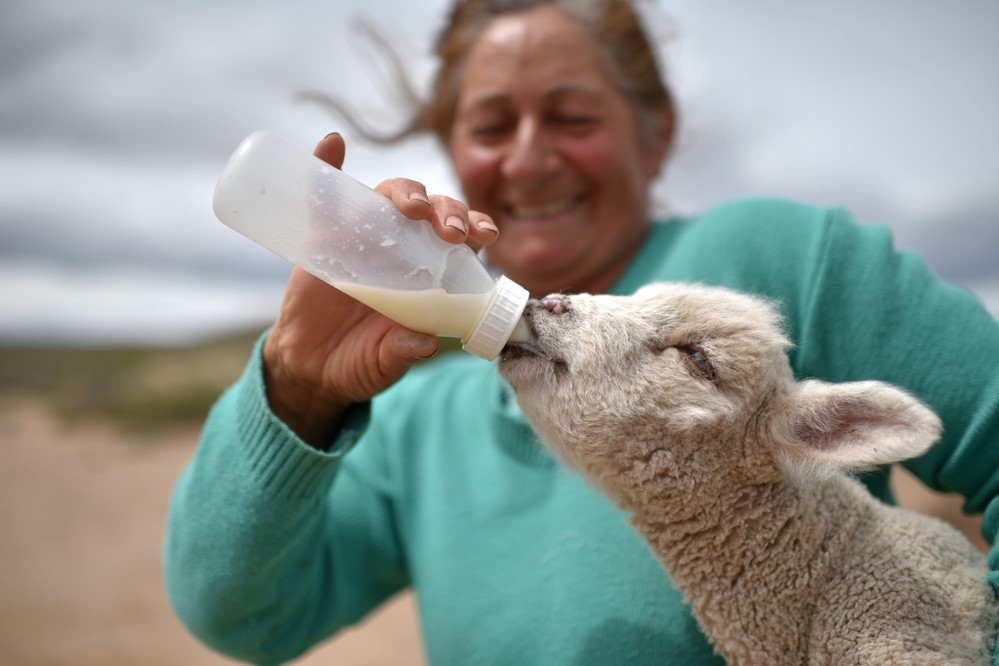
Designing a project involves identifying local needs and economic opportunities for poor small-scale producers, then building a set of interventions that enable them to avail of these opportunities. To do this, we work with project participants and local organizations—including farmers’ organizations and savings groups—to ensure that our projects address people’s needs.
For example, in Tunisia, PRODEFIL identified unemployed rural women with weaving skills and provided them with cash, sewing machines and looms, as well as the opportunity to build a successful business. In Nepal, ASHA team members contact local persons with disabilities to ensure they have the opportunity to learn how to farm and market their produce.
We link our projects to government agricultural development strategies, so that that they can take over and continue having an impact event after the IFAD project ends.
Who manages the projects?
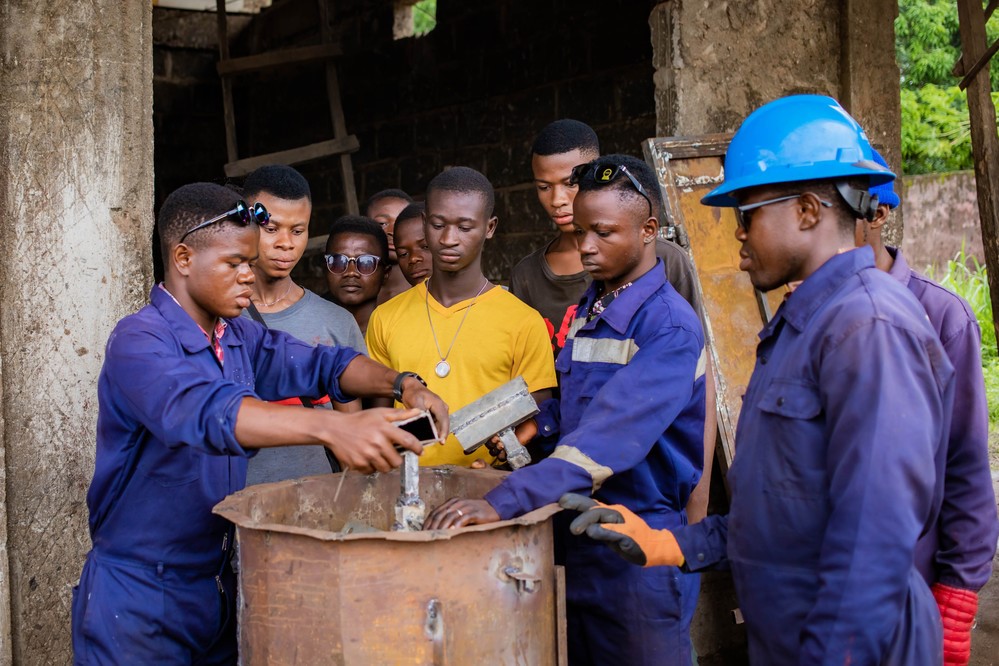
Projects are generally managed by small teams, called project management units (PMUs), made up of government officials and technical assistants who have gone through a rigorous selection process. Sometimes the PMU may sit within a contracted organization, such as a local NGO.
Project activities are usually implemented by the relevant ministries, government agencies, NGOs and private companies, following government procedures for planning, budgeting and procurement. This helps simplify processes, but IFAD may step in with its own Project Procurement handbook if the local procurement framework doesn’t match the required standards of transparency and efficiency.
During a project, as well as financing, IFAD provides “supervision and implementation support”. IFAD’s technical specialists and consultants visit each project at least once a year to assess the project's performance, efficiency and likelihood of achieving objectives.
During their visit, IFAD staff also ask participants for feedback to understand whether their expectations are being met.
I’m a service provider. How can I be added to IFAD’s list of providers?
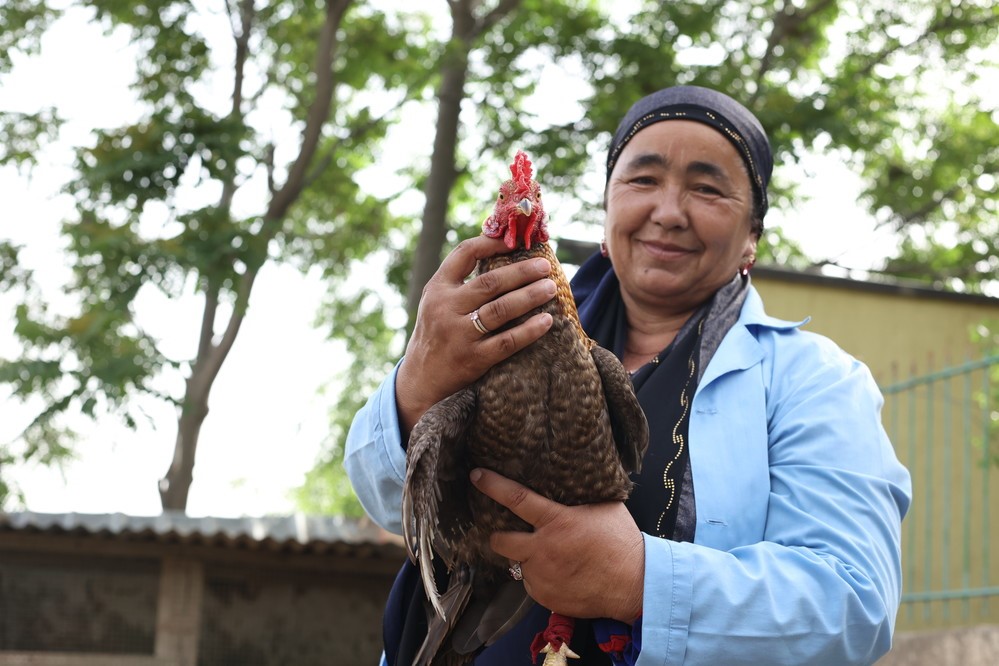
IFAD projects are normally carried out by the government, so it is best to register with local authorities and follow local advertisements for national procurements. Internationally advertised opportunities are listed on UN Development Business and on IFAD's project procurement page.
I'm a small-scale farmer/agri-entrepreneur. How can I access support?
For IFAD projects and programmes, we work closely with local governments and organizations to identify those who are most in need of support (see “Who does IFAD support?”). Stay in touch with them to be made aware of upcoming IFAD work in your community.
When it comes to IFAD grants, selecting the most qualified and strategically relevant recipients is fundamental to achieving the objectives of the grants programme. Recipients are selected through a rigorous and transparent competitive process which is promoted through a call for proposal. We also promote grants funded by other financing sources. In addition, support is often available through activities implemented by grant recipients.
For other questions on grant-funded activities contact the IFAD country team or recipients of ongoing grants in your area.
What happens when projects end?
Successful projects are expected to continue benefitting participants and communities even after they end. A final assessment at the completion of a project looks at the delivery of outcomes and assesses effectiveness, efficiency and sustainability.
In addition, at least fifteen per cent of projects that close are assessed through the IFAD Impact Assessment Report to determine the project's impact on income, empowerment and nutrition, among other things. The findings are reported and discussed with the government and other stakeholders.
Publication date: 03 April 2023